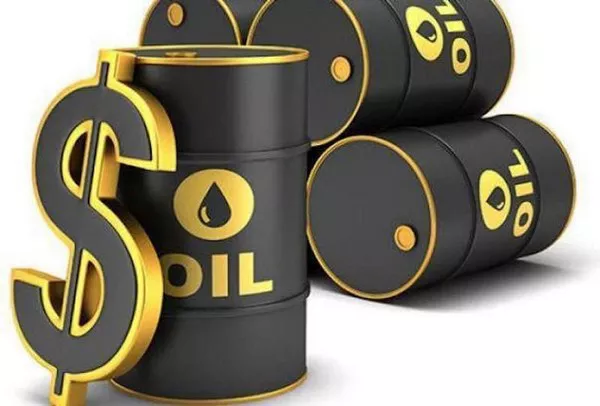West Texas Intermediate (WTI) crude oil rose to around $67.00 during Thursday’s Asian trading session, approaching its highest level in nearly two months. The uptick in prices is fueled by escalating geopolitical tensions in the Middle East, alongside recent remarks from U.S. President Donald Trump.
Reuters reported on Wednesday that the U.S. plans a partial evacuation of its embassy in Iraq and will allow military dependents to leave several Middle Eastern locations due to rising security concerns. Such developments have intensified investor anxiety in the region, lending support to oil prices.
Adding to the geopolitical uncertainty, President Trump expressed diminishing confidence in the possibility of a nuclear agreement with Iran, firmly stating that the U.S. would not permit Iran to obtain nuclear weapons. The hardening U.S. stance raises fears of further instability in the region, which could drive oil prices higher in the short term.
On the supply side, the latest Energy Information Administration (EIA) report revealed that U.S. crude oil inventories fell by 3.644 million barrels for the week ending June 6. While the draw was smaller than the previous week’s 4.304 million-barrel drop, it starkly contrasted with market expectations of a 100,000-barrel build, reinforcing bullish sentiment.
Elsewhere, Trump claimed that a trade deal with China was “done,” though concrete details and official confirmation from Beijing remain absent. Oil traders remain cautious, as uncertainty surrounding U.S.-China trade relations and potential tariffs could weigh on global economic growth and, by extension, crude demand—posing a downside risk for WTI prices.


